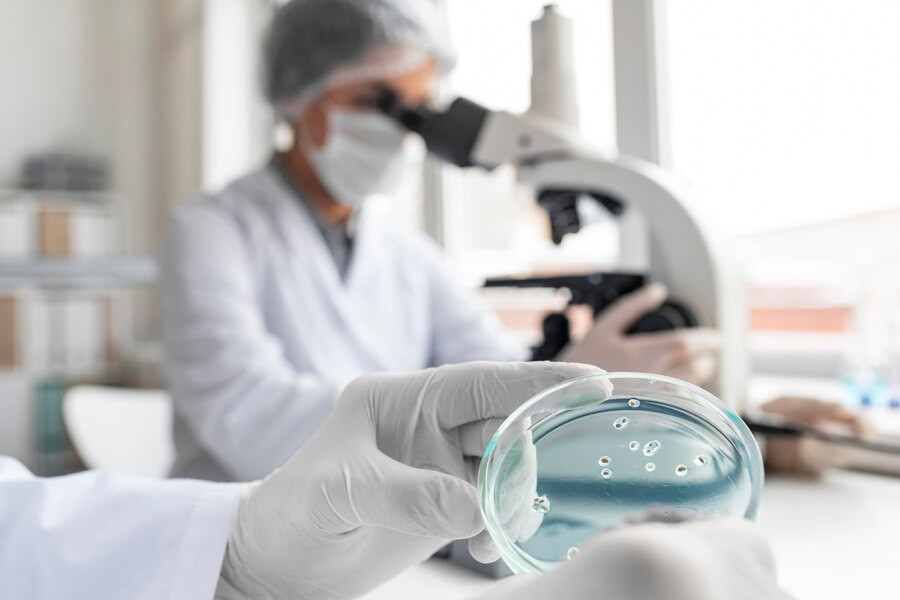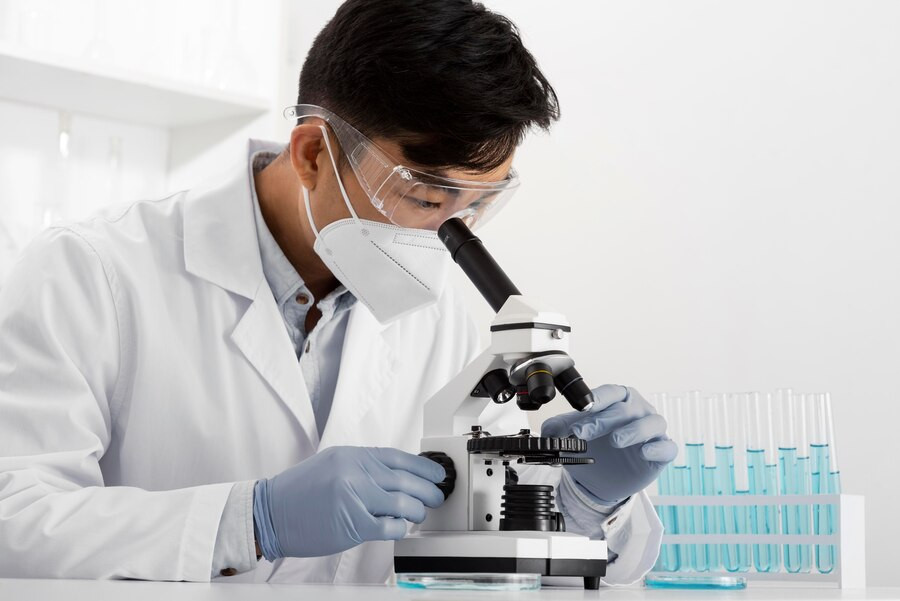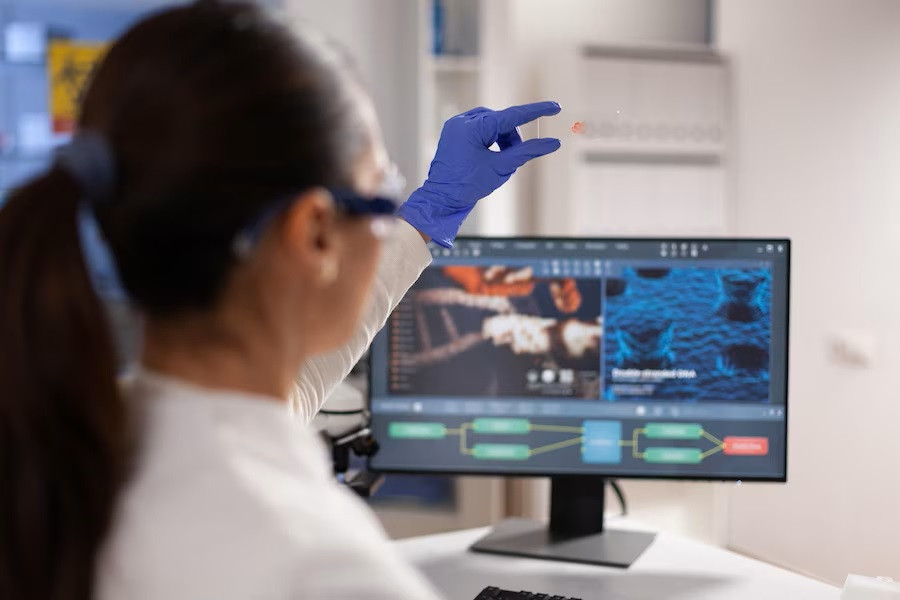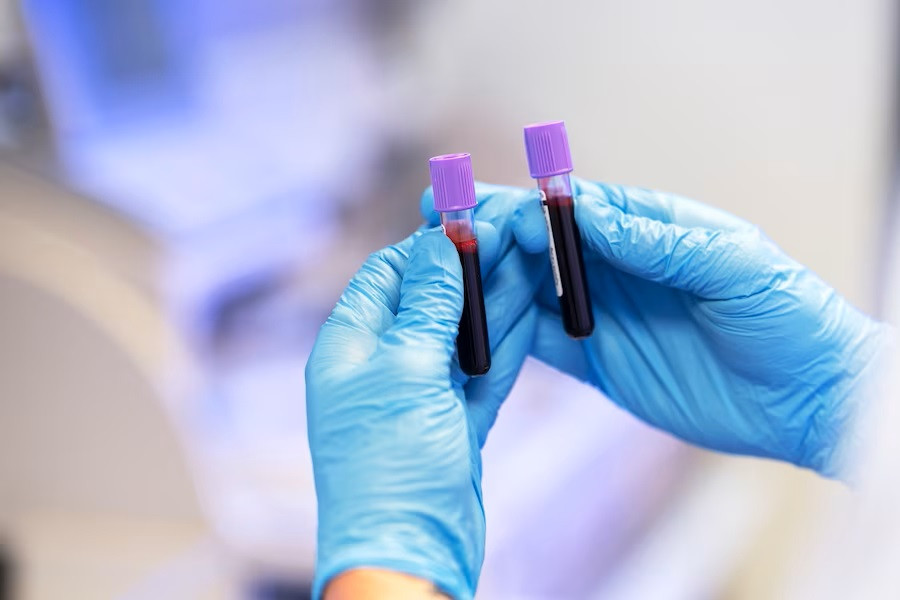DNA testing is an essential instrument due to its capacity to provide comprehensive genetic data. DNA testing offers a wide range of advantages, including health, forensics, and scientific research.
In addition to revealing familial ties, this test can detect genetic disorders and identify mutations in proteins, chromosomes, and genes. Learn more about the medical and other specific applications of DNA testing.
What is DNA testing?
One of the most essential molecules for all living things is deoxyribonucleic acid, more commonly known as DNA. DNA carries genetic information in the form of genes, which regulate a wide range of physical and functional characteristics in organisms.
DNA testing is a scientific method that examines DNA in order to get genetic data. This test includes multiple crucial stages, including sample acquisition, DNA isolation, DNA amplification, and DNA examination.
Types of DNA tests and the health benefits
There are different kinds of DNA tests, and each has its own benefits, including:
Paternity and maternity tests
Most of the time, paternity and maternity tests are used to prove that a child is biologically related to both parents. Scientists usually do this test by analyzing DNA from samples like blood, spit, or the inside of the cheek.
DNA, the genetic material in cells, comes from both parents; half comes from the mother and the other half from the father. This test can find out if there is a biological relationship between a child and their parents by comparing their DNA profiles.
Prenatal test
A DNA testing procedure known as prenatal testing is performed to identify mutations in genes or chromosomes in the developing fetus during pregnancy. This test can determine the risk of a baby being born with specific genetic conditions that can be detectable through DNA testing, such as Down syndrome, Edward syndrome, and several other congenital diseases.
Typically, DNA samples are extracted using techniques like amniocentesis or chorionic villus sampling (CVS). If there is a familial genetic background that increases the risk of specific genetic disorders, a doctor might recommend prenatal testing.
Diagnostic test
The purpose of diagnostic testing is to verify the presence of specific chromosomal disorders or genetic diseases. Despite the fact that this testing does not assess for all genetic conditions, it may help in the early detection of disorders and diseases that are suspected based on symptoms and family history.
Carrier test
A carrier test is a diagnostic procedure that determines whether someone has a single copy of the mutated gene for an autosomal recessive condition. Autosomal recessive conditions are genetic conditions in which a person can be a carrier of a mutated gene without expressing symptoms of the disease.
Preimplantation test
Preimplantation testing is a DNA test specifically needed for in vitro fertilization (IVF) procedures. This method helps to detect genetic mutations in the embryo before implantation. The purpose of this method is to choose the most optimal embryo that is clear of specific mutations before to its re-implantation into the uterus.
By identifying and removing embryos that contain potentially harmful genetic abnormalities, this test is helpful in reducing the risk of having a child with a hereditary disease.
Newborn screening
Newborn screening is a DNA test performed on newborns to identify certain genetic, metabolic, or hormonal disorders. This test is usually carried out immediately after the infant is delivered, allowing immediate treatment and care in the event of any abnormalities.
Predictive testing
Predictive testing is one of the DNA tests commonly performed. This test is used to determine a person's risk of developing specific genetic conditions in the future, even before the onset of symptoms.
This examination detects mutations in chromosomes that are well documented to increase the risk of developing specific diseases, such as breast cancer.
It is crucial to recognize that DNA test results are not always definitive and certain. Before deciding to take a DNA test, consult with a doctor. If you have specific issues regarding genetic disorders, you can either visit a doctor or make use of the consultation features that are available in the Ai Care application by downloading the Ai Care application from the App Store or Play Store.
Looking for more information about other diseases? Click here!
- dr Nadia Opmalina
Health Direct (2022). Genetic testing. Available from: https://www.healthdirect.gov.au/genetic-testing
Jill Seladi-Schulman, Ph.D (2022). DNA Explained and Explored. Available from: https://www.healthline.com/health/what-is-dna
Cleveland Clinic (2022). DNA Test & Genetic Testing. Available from: https://my.clevelandclinic.org/health/diagnostics/23065-dna-test--genetic-testing
Cleveland Clinic (2024). DNA Paternity Test. Available from: https://my.clevelandclinic.org/health/diagnostics/10119-dna-paternity-test
Pregnancy Birth&Baby (2023). Genetic carrier screening. Available from: https://www.pregnancybirthbaby.org.au/genetic-carrier-screening
WebMD (2023). What Is Autosomal Recessive Disease?. Available from: https://www.webmd.com/children/autosomal-recessive-disease











